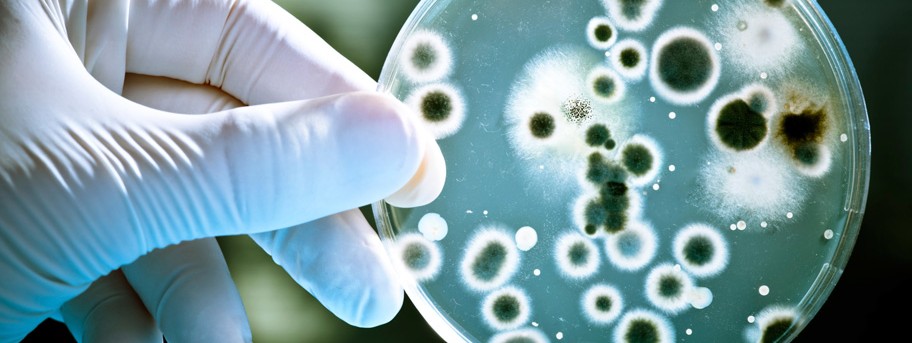The University of Nottingham
 Exchange online
Exchange online
Research Exchange
New long-term antimicrobial catheter developed

A novel antimicrobial catheter that remains infection-free for up to 12 weeks could dramatically improve the lives of long-term catheter users, say Nottingham scientists.
The scientists at The University of Nottingham who have developed the new technology are presenting their work at the Society for General Microbiology’s Autumn Conference at the University of Warwick.
The researchers have developed a catheter that can kill most urinary bacteria, including most strains of Proteus bacteria – the most common cause of catheter infections. Importantly the antimicrobial catheter retains its activity for between six to twelve weeks, making it suitable for long-term use, unlike existing commercial anti-infection catheters.
Urinary catheters are commonly used to manage incontinence in the elderly or individuals who have suffered long-term spinal cord injury. All catheters become infected after a couple of weeks and Proteus bacteria are responsible for up to 40% of these infections. The bacterium sticks to catheter surfaces and breaks down urea, causing the pH of urine to rise. This causes deposits of mineral crystals in the catheter which blocks it, preventing drainage. If unnoticed, catheter blockage can lead to kidney and bloodstream infections, which ultimately may result in potentially fatal septic shock.
This new antimicrobial catheter has significant advantages over existing solutions, explained Dr Roger Bayston of the University’s School of Clinical Sciences, who is leading the development. “Commercial ‘anti-infection’ catheters are active for only a few days and are not suitable for long-term use. There is an urgent need for an antimicrobial catheter that is suitable for long-term use,“ he said. “Our catheter uses patented technology that does not involve any coatings which extends its antimicrobial activity. The process involves introducing antimicrobial molecules into the catheter material after manufacture, so that they are evenly distributed throughout it, yet can move through the material to replenish those washed away from the surface.”
There are 100 million catheter users worldwide whose lives can be severely disrupted by illness from repeat infections and side-effects from antibiotics. “The catheter technology has proven benefit in other medical settings and has the potential to be the solution to recurrent infections in long-term catheter users, which will improve quality of life of these individuals. In addition, reducing the need to frequently change catheters and treat infections would represent huge financial savings to the NHS,” explained Dr Bayston.
Tags: antimicrobial, catheter, School of Clinical Sciences, Society for General Microbiology’s Autumn Conference, University of Warwick
Leave a Reply
Other News

Top prize for quantum physicist
A University of Nottingham physicist has won a prestigious medal from the Institute of Physics for […]

Zero carbon HOUSE designed and built by students comes home
Design and construct a low cost, zero carbon, family starter home, transport it to Spain, build […]